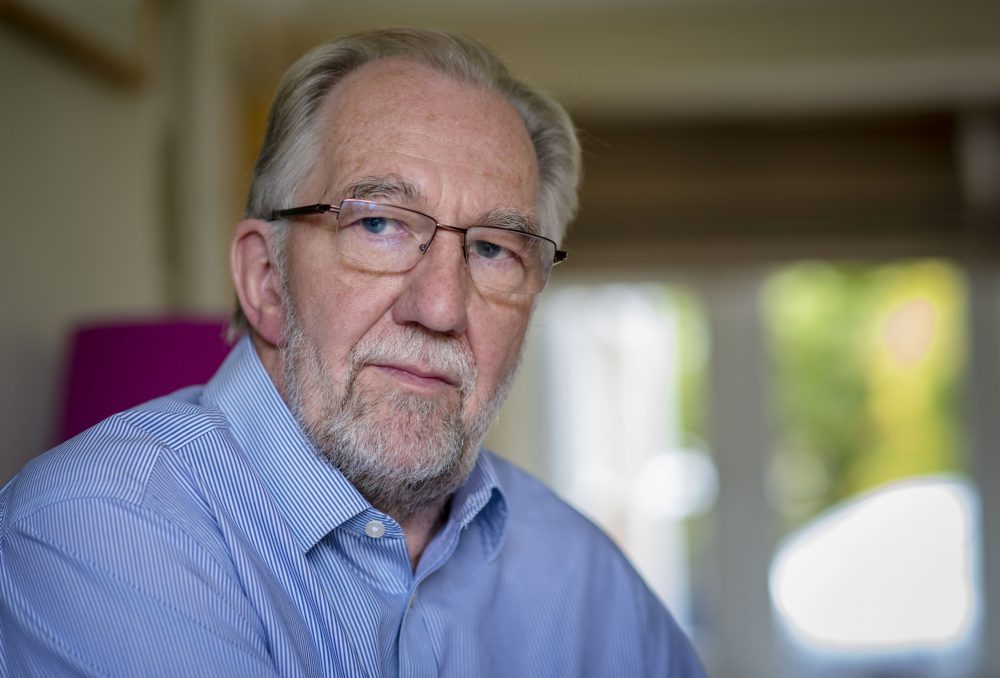Numbers of falsely accused teachers are of ‘considerable concern’, says union
- Substantiated, where there is sufficient evidence to prove the allegation
- False, where there is enough evidence to disprove the allegation
- Unfounded, where there is no evidence to support the allegation or an indication that actions have been misinterpreted
- Malicious, if there has been a clear effort to deceive and the allegation is false
- Unsubstantiated, where there is insufficient evidence to prove or disprove the allegation
More than half of investigations into alleged harm by people who work with children end with the claims being dismissed.
Of about 7,450 cases over three years about 4,050 were deemed “unfounded” or “unsubstantiated” with a further 600 classed as “malicious” or “false”.
The National Education Union said the figures were a “considerable concern”.
The Local Government Association said councils ensured “a fair and thorough process for all involved.”
In England and Wales, Local Authority Designated Officers (LADO) look into allegations against people who work with children and are accused of harming a child or committing a criminal offence.
Cases in which allegations are deemed unfounded can be referred to social services in case the child concerned has been harmed out of school. Cases found to have been false or malicious can end up leading to disciplinary action against the child or even referred to the police for investigation.

Jerry Glazier, of the National Education Union, said the proportion of unfounded cases against teaching staff was of “considerable concern” both for teachers if they are wrongly accused and for children who needed to be kept safe.
He said one recent false allegation against a teacher he worked on involved a mother who had harmed her child at home. The parent then told her child to blame the teacher for the injuries because she was already subject to a social services investigation.
“The most extreme impact is that teachers find the whole experience of being investigated so debilitating that it undermines their confidence,” he said.Â
“There have been too many examples of teachers who have felt at the end, even though they have been exonerated, they have to leave the profession.”
He said the safety of children had to come first.
“If a consequence of these (LADO) investigations is that concerns are raised about a child’s safety outside of school, then that is a safeguarding issue and must be dealt with properly.”
One victim of a false allegation I spoke to said he was accused only after he lodged his own allegation against a senior teacher.
He believes the allegation he faced (made by a child at risk of permanent exclusion) was malicious and used to force him out of the school.
“You’ve got the whole of society now not wanting to consider that a person who has been accused may be innocent and it just can’t be bothered,” he said.
The case against him was eventually thrown out of court, after a Judge deemed the case had been an abuse of process. The man, who asked not to be identified, says the case destroyed both his finances and his mental health.
But he says his former pupils were also victims in the case.
“In my own classroom I had formed some very strong relationships with the children and earned a lot of trust.
“Suddenly, to be taken away from them was quite traumatic for them and I met one of the mothers several months after the abuse of process hearing and she said: ‘I’m so pleased to hear that you’re alright because my daughter experienced your sudden removal as a bereavement and she had to have bereavement counselling. And it makes me wonder how many children in schools are being damaged like this.”
What happens when allegations are made?
Local Authority Designated Officers (LADOs) are contacted in any case in which somebody working with children may have committed a criminal offence against a child or behaved towards a child in a way that suggests they may pose a risk of harm.Â
Examples of cases include allegations of grooming, inappropriate communications and sexual or physical assaults. The LADO liaises with other organisations, including the police, which may open their own investigation if a crime is alleged to have taken place.
When cases are substantiated, they are referred to the Disclosure and Barring Service (DBS), which provides background checks on people who work with children, and other professional regulatory bodies such as the Teacher Regulation Agency.
A spokesman for the Local Government Association said: “Safeguarding is everyone’s responsibility and councils would urge anyone with concerns around the conduct of staff who work with children and young people, including pupils themselves, to report these to school senior management.
“The school would then refer any cases to the Local Authority Designated Officer who will work with partners in the police, Ofsted and social services to ensure a fair and thorough process for all involved.”
I received comparable figures from 173 councils for three years’ worth of cases in which about 54% were unfounded.
The figures, sadly, are approximate because some councils would only say they had “fewer than five” cases in order to avoid identifying individuals.

